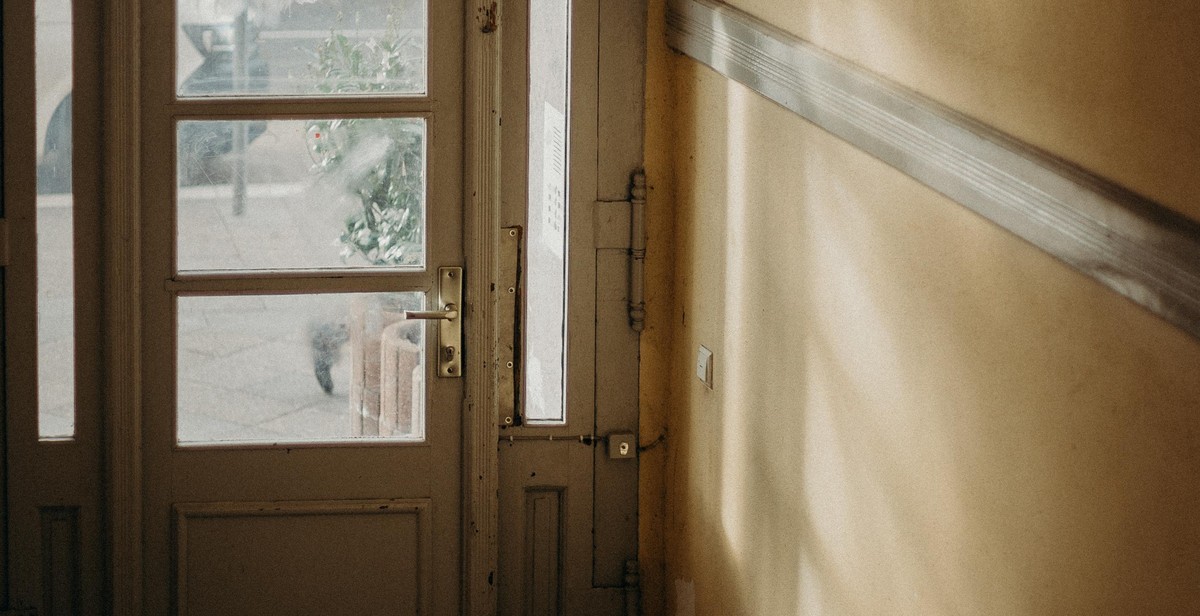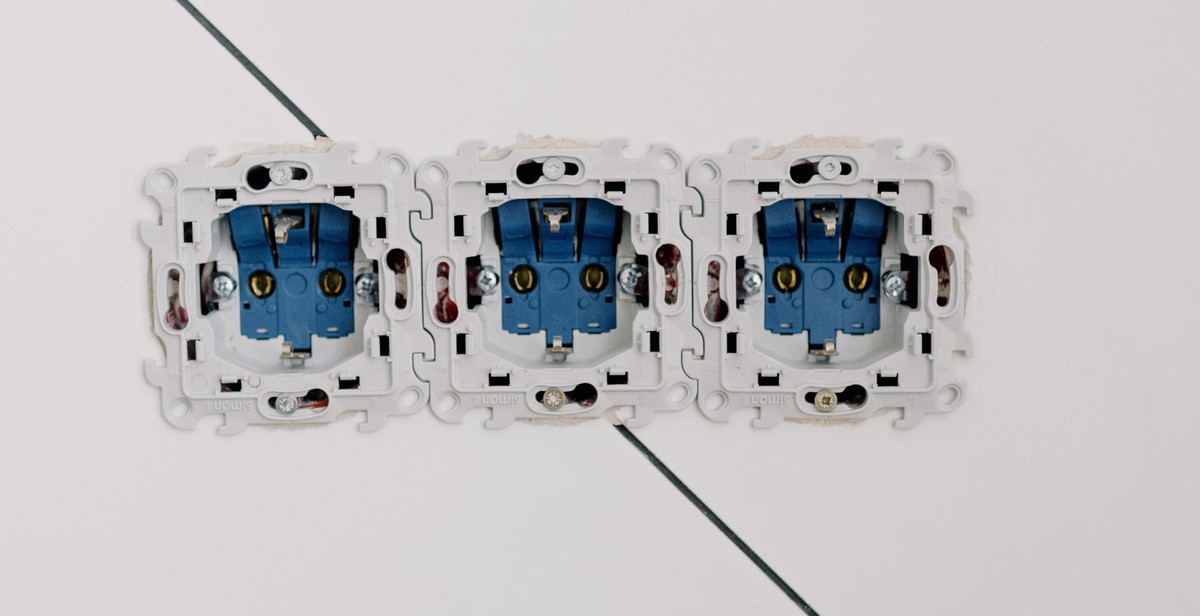How to Protect Your Home from Burglars: Essential Security Measures to Safeguard Your Property
As a professional article writer and content creator, I have seen and experienced the devastating effects of burglary on homeowners. Burglary is a crime that can happen to anyone, regardless of where you live or how safe you think your neighborhood is. It is essential to take the necessary security measures to safeguard your property and protect your family from harm.
The Importance of Home Security
Home security is not just about protecting your property; it is also about safeguarding your family and loved ones. A burglary can be a traumatic experience that can leave you feeling violated and vulnerable. In addition, burglars can steal valuable possessions, which can be very difficult to replace.
Essential Security Measures
There are several essential security measures that you can take to protect your home from burglars. These measures include:
- Installing a home security system
- Securing your doors and windows
- Keeping your property well-lit
- Trimming hedges and shrubs
- Keeping your garage door closed
By taking these essential security measures, you can significantly reduce the risk of burglary and keep your property and family safe.
Conclusion
In this article, I will discuss in detail the essential security measures you can take to protect your home from burglars. I will also provide you with practical tips and advice based on my personal experience as a professional article writer and content creator. By the end of this article, you will have a better understanding of how to safeguard your property and keep your family safe from harm.

Assessing Your Home’s Vulnerabilities
Before you can effectively protect your home from burglars, it’s important to identify the weak spots in your property. Here are some key areas to assess:
Identifying Weak Spots in Your Home
Start by taking a walk around your property and looking for any potential entry points for burglars. This could include:
- Unlocked windows or doors
- Broken or damaged windows
- Garage doors that don’t close properly
- Unsecured sliding doors
- Dark or poorly lit areas around your property
Once you’ve identified these potential weak spots, you can take steps to secure them and make it more difficult for burglars to gain access to your home.
Assessing Your Home’s Exterior
The exterior of your home is the first line of defense against burglars. Here are some key areas to assess:
- Is your property well-lit at night? Consider installing motion-activated lights to deter burglars.
- Are there any bushes or trees near your windows that could provide cover for burglars? Consider trimming them back or removing them altogether.
- Are there any ladders or other tools left outside that could be used by burglars to gain access to your home?
- Is your fence in good condition? Consider repairing any damage to make it more difficult for burglars to enter your property.
Checking Your Doors and Windows
Your doors and windows are the most common entry points for burglars. Here’s what to look for:
- Are your doors and windows in good condition? Make sure they are sturdy and not damaged in any way.
- Do your doors and windows have secure locks? Consider upgrading to deadbolts or installing additional locks for added security.
- Are there any gaps around your doors or windows that could be exploited by burglars? Consider installing weather stripping to close any gaps.
- Is your garage door secure? Consider installing a garage door opener with rolling code technology to prevent burglars from using code grabbers to gain access.
By assessing these key areas of your home, you can identify potential vulnerabilities and take steps to protect your property from burglars.

Installing a Home Security System
Installing a home security system is a crucial step in protecting your home and family from burglars and other intruders. With so many options available on the market, it can be overwhelming to choose the right one for your needs. In this section, we will discuss the types of home security systems, how to choose the right one for your needs, and the installation and maintenance process.
Types of Home Security Systems
There are several types of home security systems available, including:
- Wireless alarm systems
- Wired alarm systems
- DIY home security systems
- Monitored home security systems
Wireless alarm systems are easy to install and can be controlled remotely through a smartphone app. Wired alarm systems, on the other hand, require professional installation and can be more expensive, but they are generally more reliable. DIY home security systems are becoming increasingly popular because they are affordable and easy to install. Monitored home security systems are professionally installed and monitored 24/7 by a security company.
Choosing the Right Home Security System for Your Needs
When choosing a home security system, it’s important to consider your specific needs. Some factors to consider include:
- The size of your home
- Your budget
- Your lifestyle
- The level of security you require
If you have a large home, you may need a system with more sensors and cameras. If you’re on a tight budget, a DIY home security system may be the best option. If you travel frequently, you may want a system that allows you to monitor your home remotely.
Installation and Maintenance
Installation and maintenance of a home security system will vary depending on the type of system you choose. DIY systems are typically easy to install and require minimal maintenance. Wired systems, on the other hand, require professional installation and may require periodic maintenance to ensure they are functioning properly. Monitored systems will also require professional installation and ongoing maintenance.
Regardless of the type of system you choose, it’s important to follow the manufacturer’s instructions for installation and maintenance. Regularly test your system to ensure it is functioning properly, and replace batteries and other components as needed.
| Pros | Cons |
|---|---|
| 24/7 monitoring | Higher cost |
| Professional installation | May require ongoing maintenance |
| Increased security | May require a long-term contract |
Overall, installing a home security system is an essential step in protecting your home and family from burglars and other intruders. By choosing the right system for your needs and following proper installation and maintenance procedures, you can have peace of mind knowing that your home is secure.

Additional Security Measures
In addition to the essential security measures mentioned earlier, there are several additional measures you can take to safeguard your property and prevent burglars from targeting your home.
Outdoor Lighting
Outdoor lighting is an effective way to deter burglars from targeting your home. Install motion sensor lights around the perimeter of your property, especially near entry points such as doors and windows. These lights will turn on automatically when they detect motion, alerting you and scaring away potential intruders.
Security Cameras
Security cameras are an excellent way to monitor your property and deter burglars from targeting your home. Install cameras around the exterior of your home, especially near entry points such as doors and windows. Make sure the cameras are positioned in a way that captures clear footage of any potential intruders. Consider investing in a security camera system that allows you to monitor your property remotely, so you can keep an eye on your home even when you’re away.
Smart Home Technology
Smart home technology, such as smart locks and smart security systems, can provide an additional layer of security for your home. Smart locks allow you to control access to your home remotely, so you can lock and unlock your doors from anywhere. Smart security systems can alert you and the authorities if a potential intrusion is detected, giving you peace of mind that your home is always protected.
Neighborhood Watch Programs
Neighborhood watch programs can be an effective way to deter burglars and other criminals from targeting your community. These programs involve residents working together to keep an eye on their neighborhood and report any suspicious activity to the authorities. Contact your local police department or neighborhood association to find out if there’s a neighborhood watch program in your area, or consider starting one yourself.
| Security Measure | Description |
|---|---|
| Outdoor Lighting | Install motion sensor lights around the perimeter of your property to scare away potential intruders. |
| Security Cameras | Install cameras around the exterior of your home to monitor your property and capture footage of potential intruders. |
| Smart Home Technology | Invest in smart locks and smart security systems for an additional layer of security. |
| Neighborhood Watch Programs | Join or start a neighborhood watch program to work together with your community to keep your neighborhood safe. |

Creating a Home Security Plan
One of the most effective ways to protect your home from burglars is to establish a comprehensive home security plan. This plan should include safety protocols, education for your family, and preparation for emergencies.
Establishing Safety Protocols
Start by identifying potential entry points in your home and securing them with locks, deadbolts, and security bars. You may also want to consider investing in a security system that includes motion sensors, security cameras, and an alarm.
It’s also important to establish safety protocols for when you are away from home. For example, make sure all doors and windows are locked, and consider using timers to turn on lights and electronics to give the impression that someone is home.
Educating Your Family on Home Security
Make sure everyone in your household is aware of the importance of home security. Educate your family on how to properly lock doors and windows, and teach them what to do in case of a break-in or emergency.
Consider holding regular drills to practice safety protocols and ensure everyone knows what to do in case of a fire, natural disaster, or other emergency situation.
Preparing for Emergencies
Finally, it’s important to be prepared for emergencies. Make sure you have an emergency kit on hand with essentials like food, water, and first-aid supplies. You may also want to consider investing in a generator to ensure you have power in case of a power outage.
Additionally, make sure you have a plan in place for what to do in case of a break-in or other emergency situation. This may include having a designated safe room where you can go to wait for help to arrive.
